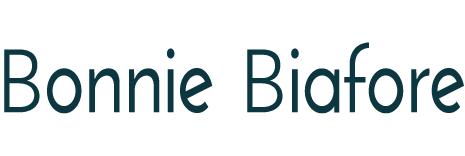PMBoK7 Perspectives: Contribute Insights

Photo by Lokesh Paduchuri on Unsplash
In this edition of Project Pointers, we’ll explore the benefits of your project team contributing insights to your project, one of the new elements of project delivery in the Project Management Institute’s seventh version of the Project Management Body of Knowledge (PMBoK7.) Here are a few substantial ways to maximize project delivery by leveraging stakeholder insights.
- Leverage team member experience. Even the most experienced project managers can learn more to help their projects succeed. Project leadership requires a lot of listening and learning. Team members have experience that helps them build a solid work breakdown structure, identify risks and determine risk responses, manage issues, and test products. Technical team members can also help avoid over-complicating project solutions. Tapping team experience helps maximize success and increase team buy-in!
- Team up with key business stakeholders. Business team members provide insights to improve outcomes and enhance project delivery. They can also help avoid pitfalls and identify change management approaches to smooth transitions during project deliverable deployment. Engaged business representatives identify hot buttons that may negatively affect the opinions of influential stakeholders, so you can address those issues and protect the success of your project delivery. These critical insights surface you create a team atmosphere, where business and technical experience are valued. The best decisions are based on a broad set of shared experiences.
- Capitalize on change agents. Change agents can improve your chances for success. Great project managers seek out change agents and involve them in project planning and delivery. The trick is finding the best change agent candidates, because they aren’t always the managers or team leaders that appear on the organization chart. How do you identify these change agents? Listen and watch carefully when requirements are collected. Who speaks up? Who do others look to for agreement? Identify the authors of substantial documents that have been provided. Find these promising change agents and invite them to coffee to do some change agent recruiting!
- Collect project experiences. People who have participated in past projects can provide a wealth of valuable insights. They can provide the actual level of risk the organization accepts, which key stakeholders are short-term money focused, who will insist on including certain tasks or verification in your project planning, and who is likely to come up with new requirements after the project begins. These bits of critical information save time and frustration! Take time to pick project veterans’ brains. You’ll be happy you did!
Have success stories and anecdotes related to obtaining insights from team members? Share them in the comment section!
For more about working with your project team, check out Daniel Station’s Project Management Foundations: Teams course.
Coming up:
Bonnie Biafore and John Riopel will talk about how to manage dependencies, meetings, and overall communication in hybrid projects on February 17, 2022, at 1PM MT. Traditional and agile/iterative project management approaches have similarities and differences, so you might wonder how to manage hybrid projects that use both. Although the approaches differ, there are points within a hybrid project where deliverables need to align. For example, a traditional deliverable must be completed before part of the agile effort can start – or vice versa. Even in hybrid projects, the project team is a single team that needs good communication and occasional team-wide meetings to make sure the project is successful.
